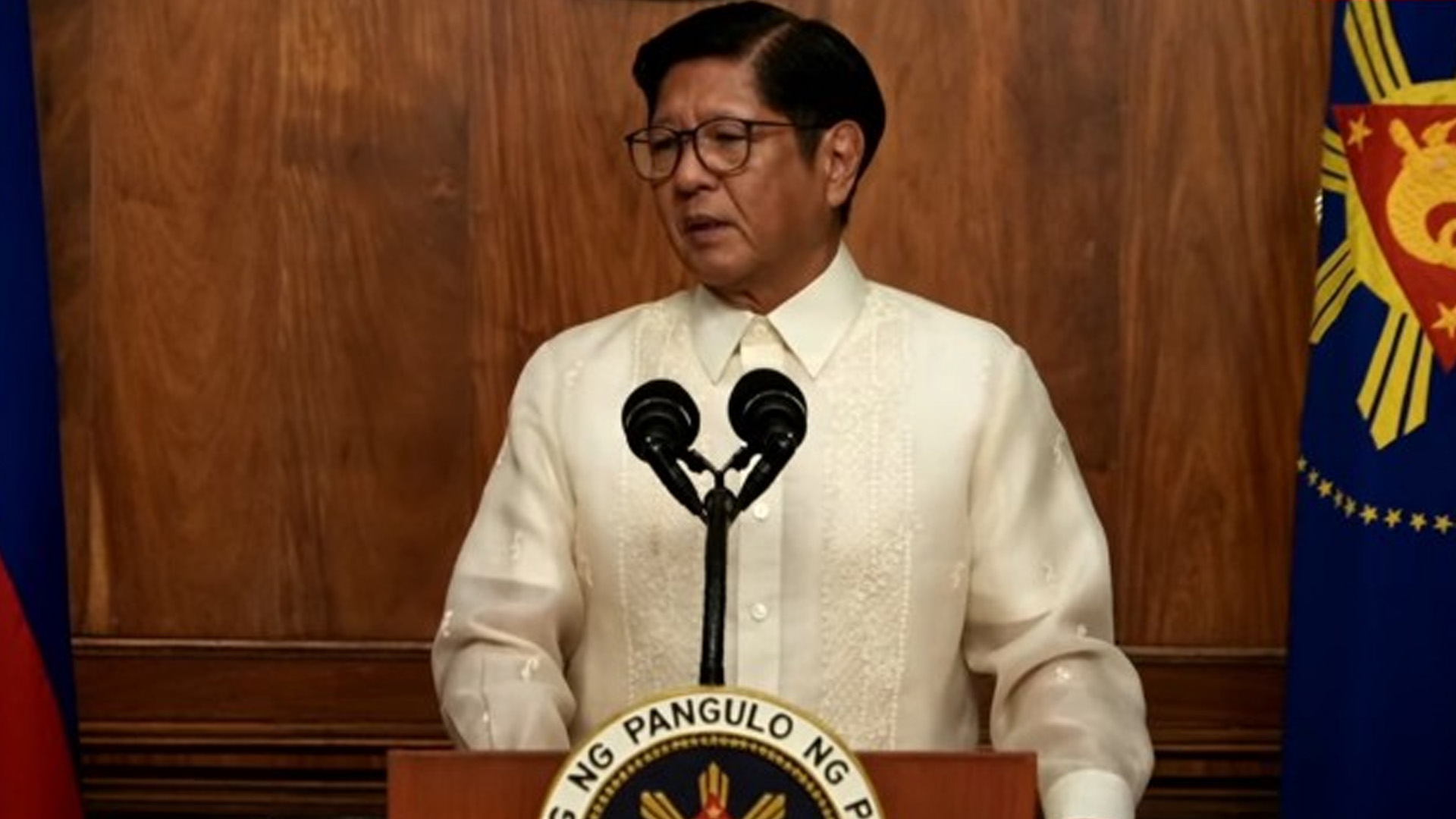President Ferdinand R. Marcos Jr. on Tuesday emphasized the transformative power of the Expanded Tertiary Education Equivalency and Accreditation Program (ETEEAP) Act in giving millions of hardworking Filipinos the opportunity to finally earn a college degree without stepping into a traditional classroom.
Speaking during the ceremonial signing of the ETEEAP law’s Implementing Rules and Regulations (IRR) at the President’s Hall in Malacañan Palace, Marcos highlighted how the law formally recognizes the knowledge and skills acquired by individuals through real-life work experiences, self-learning, and non-formal education.
“Marami tayong mga kababayan na hindi nakapagtapos ng kolehiyo dahil kinailangan nilang magtrabaho—para sa pamilya; para magpaaral ng kanilang mga kapatid; para tumayong padre o madre de pamilya (Many of our countrymen were unable to finish college because they had to work—for their families; to help send their siblings to school; to serve as the head of their households),” Marcos said.
“Ngunit hindi nawala ang kanilang talino, ang kanilang diskarte, at determinasyon. Kaya naman, sa ilalim ng ETEEAP Act, maaari po nilang gamitin ang kanilang mga karanasan upang makamit ang kanilang diploma (But their intelligence, resourcefulness, and determination were never lost. That’s why, under the ETEEAP Act, they can now use their experiences to earn a diploma).”
Signed into law by Marcos in March 2025, the ETEEAP Act offers a formal pathway for individuals to earn degrees by converting their work competencies into academic credits.
The landmark law is seen as a lifeline for skilled workers—caregivers, mechanics, technicians, and entrepreneurs—who have long proven their abilities but lacked academic credentials.
“Through this Act, we now have a clear and structured way to recognize the prior learning of individuals—be it from years of work or because they have taught themselves these skills—and match that with an academic equivalency,” the President said.
He also pointed to a key provision in the law – providing enrichment support to help learners meet professional and academic standards.
“By encouraging higher education institutions to adopt flexible approaches such as online learning, we respond to various backgrounds, life experiences, and learning styles of the ETEEAP applicants,” he said.
“This law gives our fellows who were not able to finish college a second chance.”
Beyond financial savings, the President said the law opens “doors to higher positions, better income, and more professional opportunities.”
He added that it pushes educational institutions to become more inclusive by embracing the reality that “learning is not always linear, and intelligence takes on many forms.”
“It supports caregivers, mechanics, technicians, and entrepreneurs—people who have long proven their skill, but who now get the recognition that they properly deserve.”
Marcos directed the Commission on Higher Education and its partner agencies to ensure smooth and effective implementation of the law.
“Monitor our deputized HEIs (higher education institutions) and see to it that this law benefits those it was created for,” he said. (PNA)







